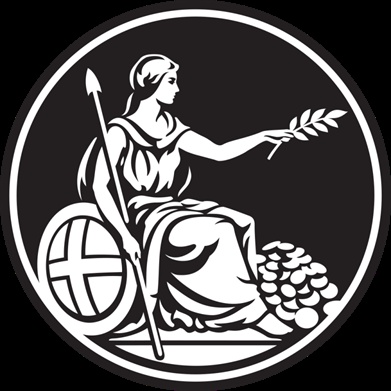Bank of England implicated in Libor rigging by secret recording

BoE “repeatedly pressured commercial banks during the financial crisis to push their Libor rates down”
A secret recording that implicates the Bank of England (BoE) in Libor rigging has been uncovered by the current affairs programme, BBC Panorama.
Libor (London Interbank Offered Rate) is used by banks to set prices of financial products. Last year, several ex-Barclays workers were found guilty of manipulating the Libor interest rate between 2005 and 2007. According to the BBC, which was present at the trial, the jury heard the ability to organise even minor movements in the rate had the potential to generate large profits for a trader.
In this latest episode of the long-running Libor saga, the BBC says the 2008 recording “adds to evidence the central bank repeatedly pressured commercial banks during the financial crisis to push their Libor rates down”. BoE says Libor was not regulated in the UK at the time.
The recording calls into question evidence given in 2012 to the UK’s Treasury select committee (which examines the expenditure, administration and policy of its agencies, including BoE) by former Barclays boss Bob Diamond and Paul Tucker, who went on to become BoE deputy governor.
In the recording, a senior Barclays manager, Mark Dearlove, instructs Libor submitter Peter Johnson, to lower his Libor rates – citing pressure from the UK government and BoE.
According to the BBC, Johnson objects, saying that “this would mean breaking the rules for setting Libor, which required him to put in rates based only on the cost of borrowing cash”.
But Johnson then says: “So I’ll push them below a realistic level of where I think I can get money?”
In May 2016, Johnson pleaded guilty to conspiring to manipulate the rate.
The BBC says the phone call between Dearlove and Johnson took place on 29 October 2008, the same day Tucker, who was at that time an executive director of BoE, phoned Diamond. Barclays’ Libor rate was discussed.
To add to this, in 2012, Diamond and Tucker were called to give evidence before the Treasury select committee. Both say they had only recently become aware of lowballing – i.e. offer a deceptively or unrealistically low bid.
BBC Panorama played the October 2008 recording to Chris Philp MP, who sits on the Treasury committee.
Philp says: “It sounds to me like those people giving evidence, particularly Bob Diamond and Paul Tucker were misleading parliament, that is a contempt of parliament, it’s a very serious matter and I think we need to urgently summon those individuals back before parliament to explain why it is they appear to have misled MPs. It’s extremely serious.”
Diamond tells the BBC: “I never misled parliament and… I stand by everything I have said previously.” Tucker did not respond to the BBC’s questions.
“Panorama: The Big Bank Fix” will be broadcast on BBC One today (10 April) at 8.30pm (UK time).











































